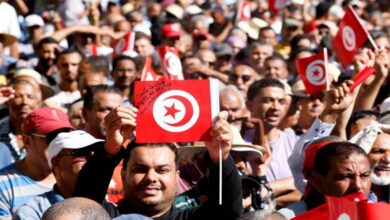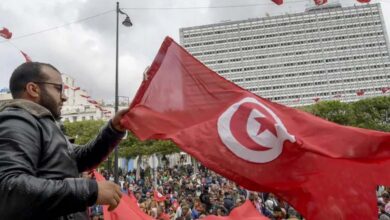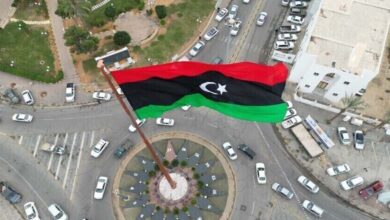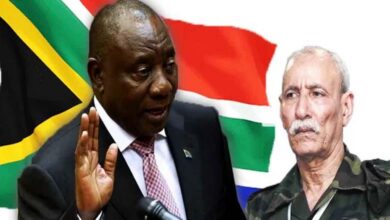The Ennahdha Movement is surrounded by crises – Demands in the Tunisian street to liquidate the movement politically and dissolve it permanently
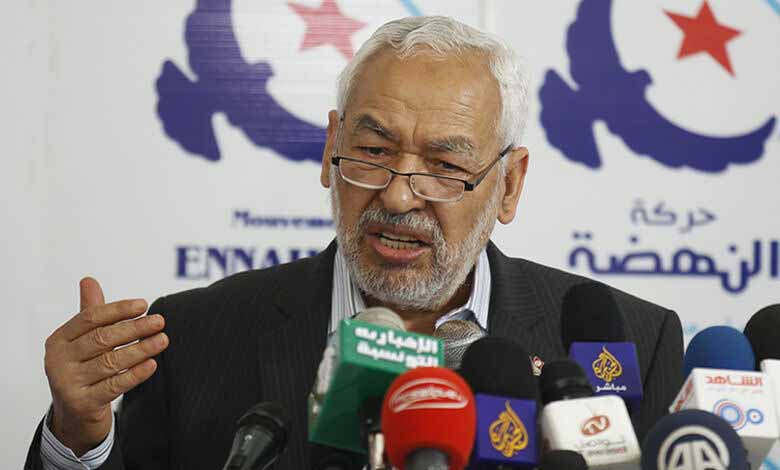
Calls in the Tunisian street for the political liquidation of Ennahda Movement due to what some considered to be behind the tensions in the country, where the Tunisian “Muslim Brotherhood” Ennahdha Movement faces an unknown fate, and local observers expect that it will end up being resolved and permanently banned from activity, in light of the security and judicial prosecution that it has been subjected to for months, which led to the imprisonment of its leaders, foremost of whom is its President Rached Ghannouchi, on serious terrorism charges, conspiracy against state security, and planning a coup against the regime.
Suspicion and accusation
A report by Roaya revealed that Rached Ghannouchi, the leader of the terrorist movement Ennahdha, is facing suspicions and charges in other cases that affect Tunisia’s national security, as well as receiving funds from foreign parties. He has also been officially accused of complicity in what is known as “political assassinations” or the black room of the Interior Ministry.
Multiple crises
Mondher Guefrach, a Tunisian political analyst, said: “Ennahdha is facing several crises, the most prominent of which in political circles is calls for the dissolution of Ennahda after it was decided to officially close all its headquarters, including its headquarters in the center of the capital, and ban it from operating in all regions of the country.”
Demands to disband the movement
The Tunisian political analyst added that supporters of President Kais Saied’s reform movement are still demanding the dissolution of Ennahdha, the prevention of the Brotherhood from political activity, and the holding accountable of all those involved in crimes related to terrorism, corruption, and looting of public funds since the overthrow of the former regime in 2011.
He added that the movement is going through conditions it did not know before, especially in light of the withdrawal of its supporters from around it and the loss of the sympathy it used to enjoy in some of the popular circles during the eras of Bourguiba and Ben Ali, pointing out that among the crises that the movement is going through, most influential figures of the Tunisian “Brotherhood” movement are behind bars, waiting for them to stand trial, after finalizing the indictments, in light of the results of investigations, investigation and inspection of documents and documents.






